AZ Model 1/72 Junkers EF-128E-1 'Over Europe 1946' # 7886
The Junkers EF-128E-1 was a design proposal for a German jet-powered fighter aircraft during the final stages of World War II.
It was developed under the Emergency Fighter Program (Jägernotprogramm) initiated by Nazi Germany in 1944, aimed at creating a high-speed, jet-powered interceptor capable of countering the increasing Allied bomber threat.
The EF-128 project was one of several last-ditch efforts by German aircraft manufacturers to design advanced jet fighters, but it never reached production before the war ended.
Design and Features
The Junkers EF-128E-1 was envisioned as a single-seat, jet-powered fighter with a highly streamlined fuselage designed for maximum speed and agility.
It was to be powered by a single Heinkel HeS 011 turbojet engine, which, with a thrust of approximately 2,865 pounds (13 kN), would have given the EF-128 an estimated top speed of over 1,000 km/h (620 mph).
This high-speed performance was intended to enable it to intercept and destroy Allied bombers with great efficiency.
The aircraft had a tailless design, featuring swept-back wings with a wingspan of around 7.5 meters (24.6 feet) and a short, compact fuselage to reduce drag and enhance aerodynamics.
The tailless configuration was meant to improve stability and handling at high speeds, a challenge faced by early jet aircraft.
It also featured twin vertical stabilizers mounted at the ends of the wings, which were necessary to maintain control without a conventional tail.
Armament for the EF-128E-1 was intended to be formidable, with a proposed array of four 30mm MK 108 cannons, which were highly effective against heavy bombers.
This heavy armament would have made the aircraft a potent interceptor, capable of taking out Allied bombers quickly before they reached their targets.
Role and Intended Usage
The EF-128E-1 was designed to serve as a high-speed interceptor capable of operating at high altitudes and engaging Allied bomber formations with devastating firepower.
Its jet engine would have given it a substantial speed advantage over contemporary piston-engine aircraft, and its lightweight, tailless design would have allowed for rapid climb and excellent agility in dogfights or interception missions.
This aircraft was part of a broader effort by Nazi Germany to develop advanced jet fighters under the Emergency Fighter Program, but due to the rapid collapse of Germany's war effort in 1945, the project remained in the design phase and never progressed to flight testing or mass production.
Legacy
Although the Junkers EF-128E-1 never became operational, it represents the advanced thinking and experimentation in aerodynamics and jet propulsion that characterized late-war German aircraft design.
The EF-128E-1, like other Luftwaffe jet prototypes such as the Messerschmitt P.1101 and Heinkel P.1078, showcased innovative approaches to fighter design, particularly in terms of speed and armament.
These late-war jet projects, though never realized, influenced post-war aviation developments in both the United States and the Soviet Union, where captured German research contributed to advancements in jet fighter technology during the Cold War.
In summary, the Junkers EF-128E-1 was a proposed, highly advanced jet fighter concept that aimed to address the Luftwaffe's dire need for modern interceptors in 1944-1945.
Its innovative design and potential high performance mark it as an important, albeit unrealized, chapter in the evolution of jet aircraft.



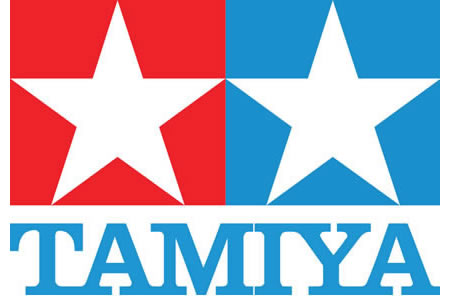
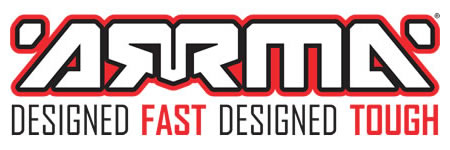
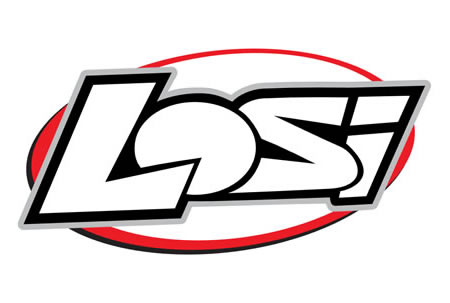
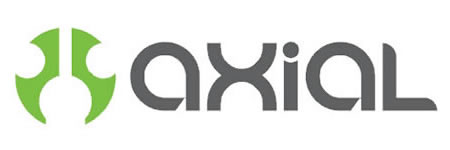
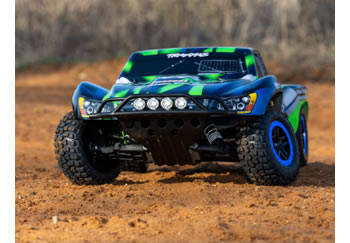
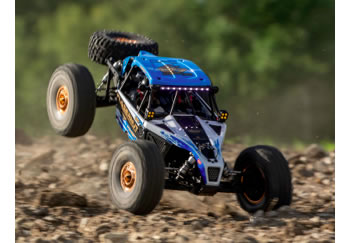
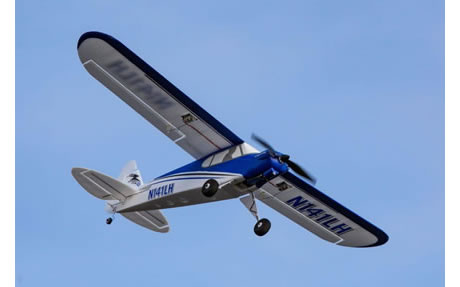
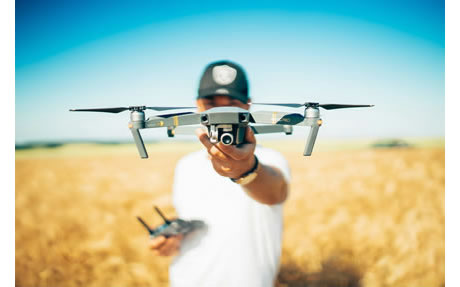
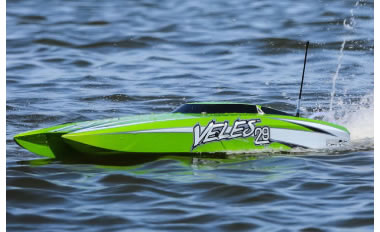
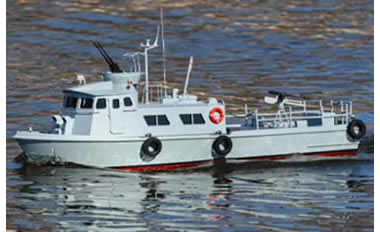
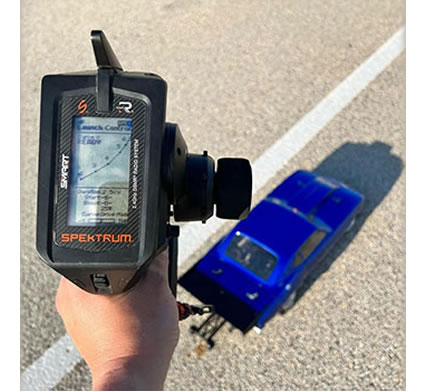
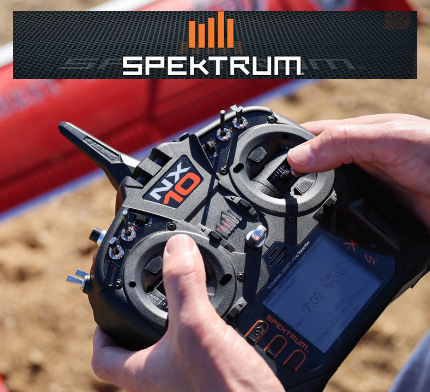
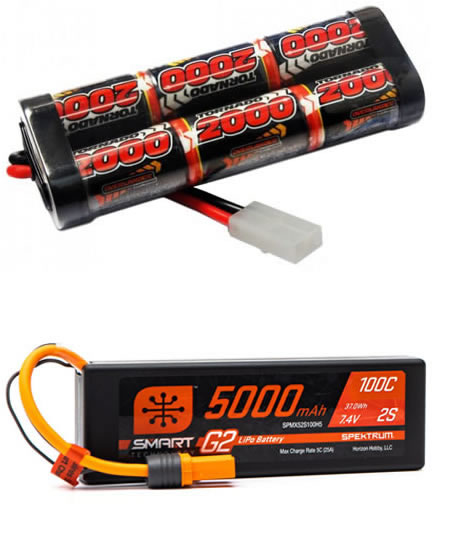
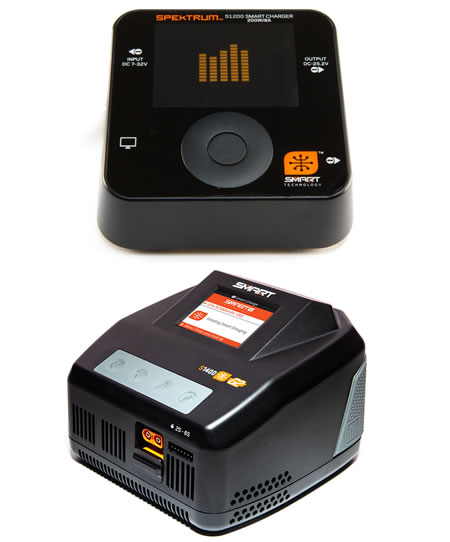

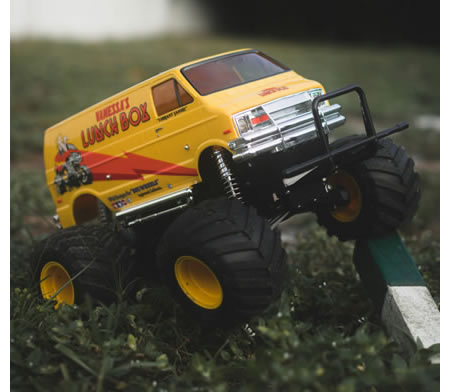


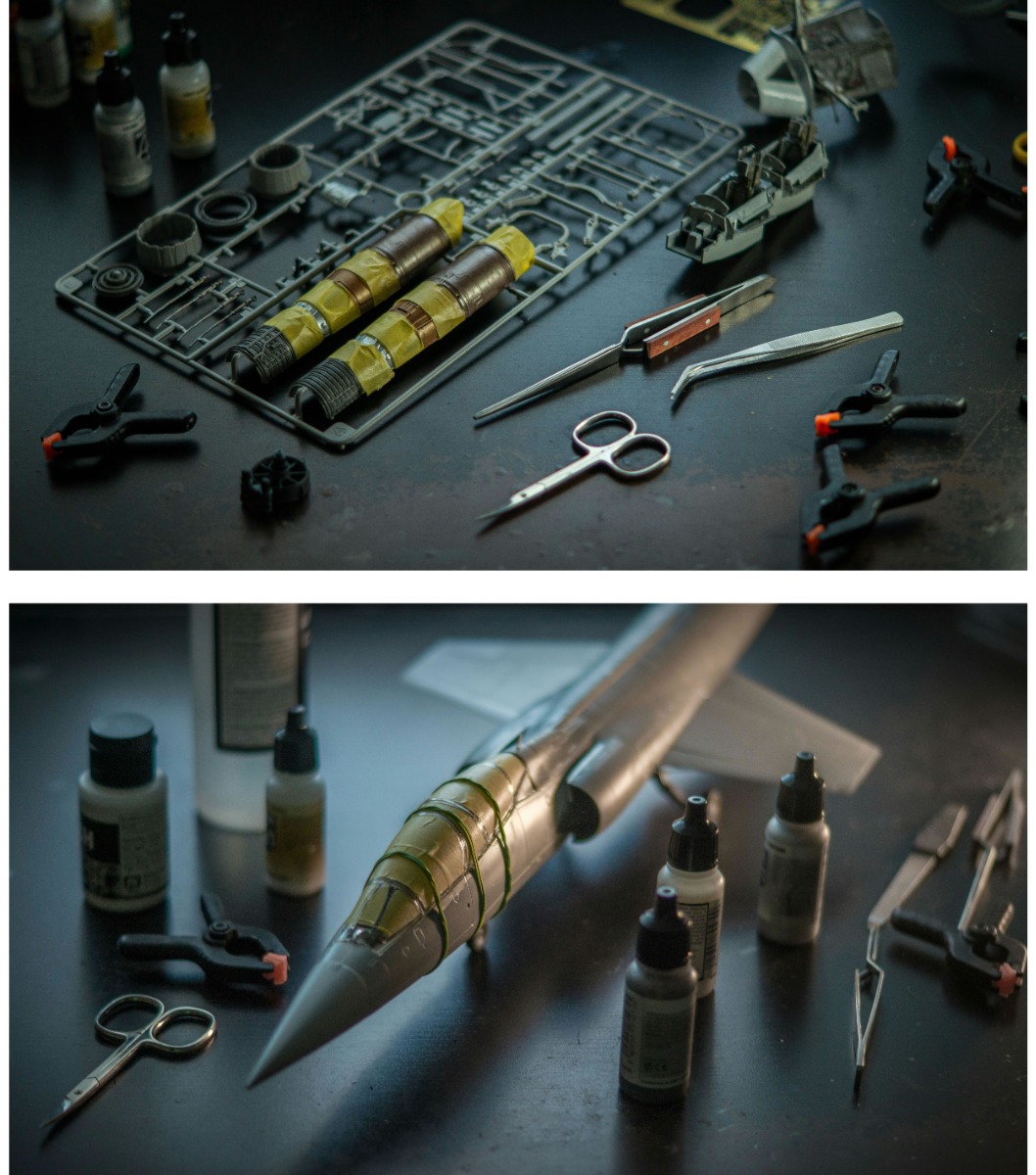
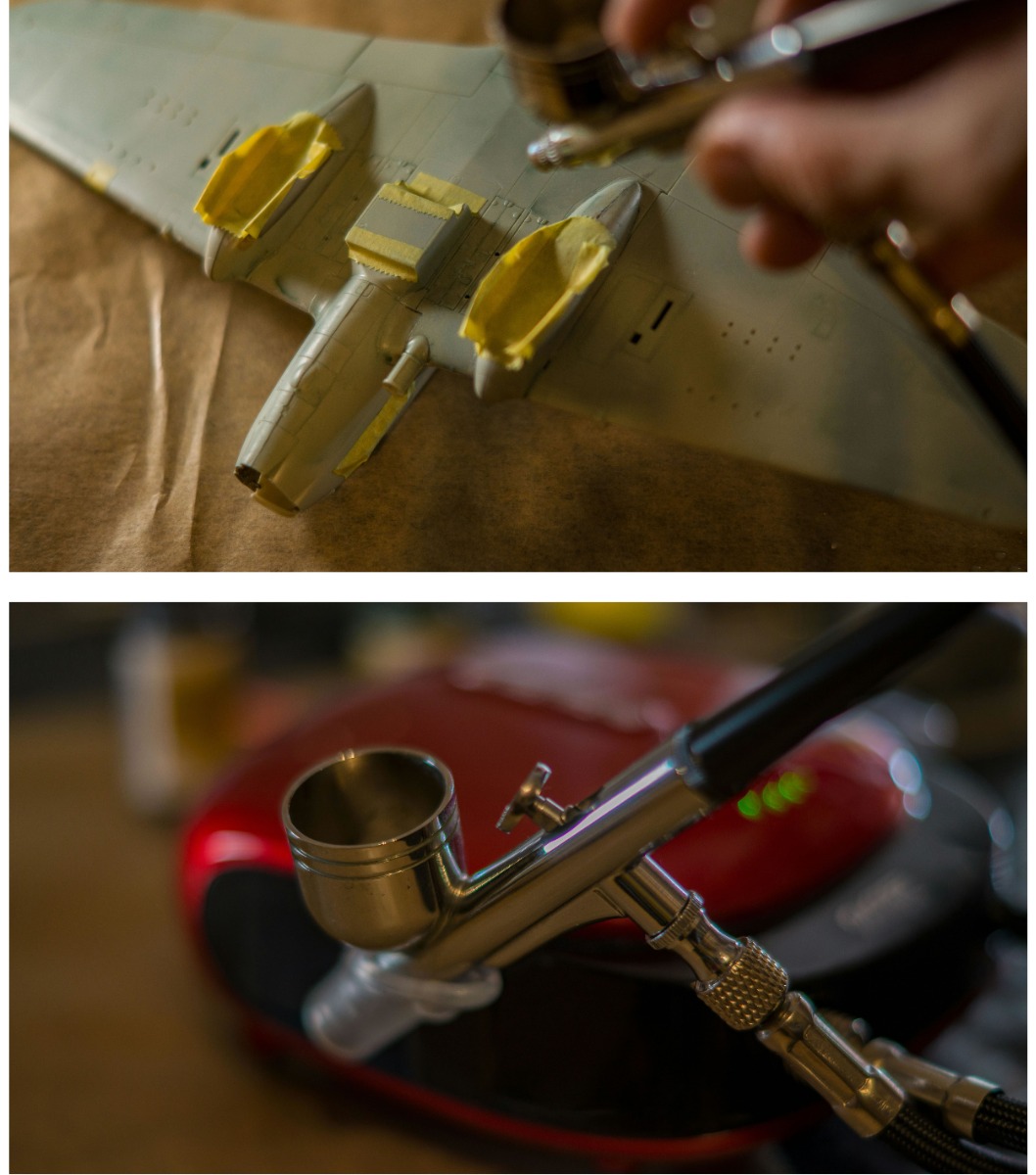
 Spread the cost with Paypal Credit
Spread the cost with Paypal Credit
 Spread the cost with Klarna
Spread the cost with Klarna










